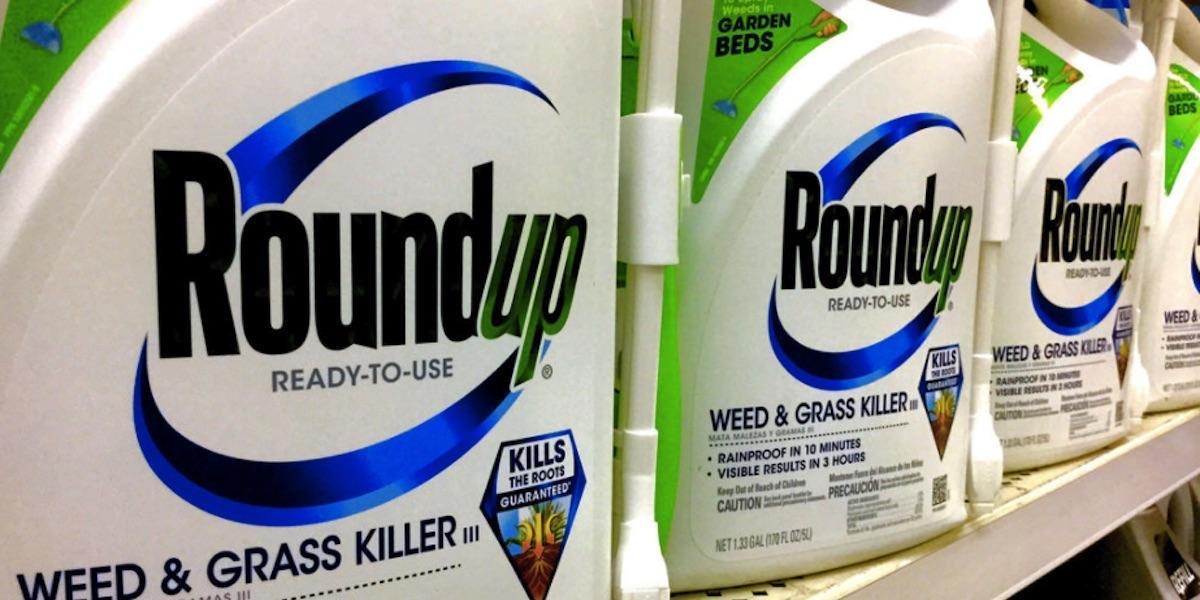

Glyphosate is the active ingredient in Monsanto's Roundup. Flickr
Dr. Christopher Portier, a toxicologist and former director of the U.S. National Center for Environmental Health, has criticized the conclusions of European Union agencies which found that glyphosate—the active ingredient in Monsanto‘s widely used weedkiller Roundup—is not carcinogenic to humans.
In a May 28 letter to European Commission president Jean-Claude Juncker, Portier claims that the European Food Safety Authority (EFSA) and the European Chemicals Agency (ECHA) failed to include in their assessments eight instances of “significant increases in tumor response” in rodents that were tested for cancer after exposure to the herbicide.
“This suggests that the evaluations applied to the glyphosate data are scientifically flawed, and any decisions derived from these evaluations will fail to protect public health,” the cancer expert wrote.
Portier noted that the International Agency for Research on Cancer Monographs Program classified glyphosate as “probably carcinogenic to humans.”
He also expressed concern that the EFSA inadequately evaluated glyphosate’s effects on reproductive toxicity and endocrine disruption.
“Since the industry-supported scientific evidence is not available to external scientists, I am unable to evaluate these data and determine if there are positive findings that escaped detection,” he wrote. “I encourage you to release these data for external analysis and review as well.”
Two weeks ago, the European Commission announced it was proposing a 10-year extension to its approval of glyphosate, citing the ECHA study.
Portier requests that both EFSA and ECHA review the evidence he submitted. He urges Juncker to refrain from “making any decisions on glyphosate until these positive findings are included.”
Anca Paduraru, a spokesperson for the Juncker, told Euractiv that the commission will ask the agencies to respond to the letter.
“Given that the majority of the problems raised by the letter are related to the scientific evaluation of glyphosate, the commission will ask EFSA and ECHA to respond,” Paduraru said, adding that the commission currently has no reason to doubt the evaluation of the EU agencies.

 233k
233k  41k
41k  Subscribe
Subscribe 